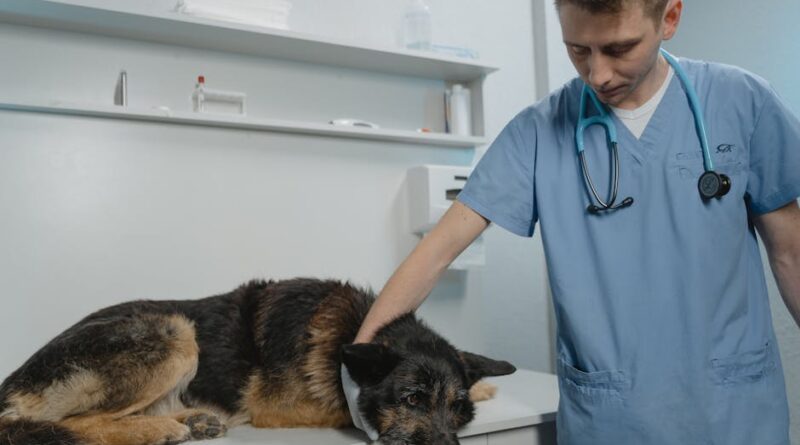The Importance of Regular Vet Visits
As pet owners, we often view our furry friends as cherished members of the family. We go to great lengths to ensure their well-being, from providing nutritious food to regular exercise and plenty of love and attention. However, one aspect of pet care that is sometimes overlooked is the importance of regular visits to the veterinarian. Just like humans, our pets require routine medical check-ups to ensure they are healthy and thriving. In this comprehensive guide, we will delve into the significance of regular vet visits, exploring the various reasons why they are essential for the overall health and happiness of our beloved pets.
The Basics of Regular Vet Visits
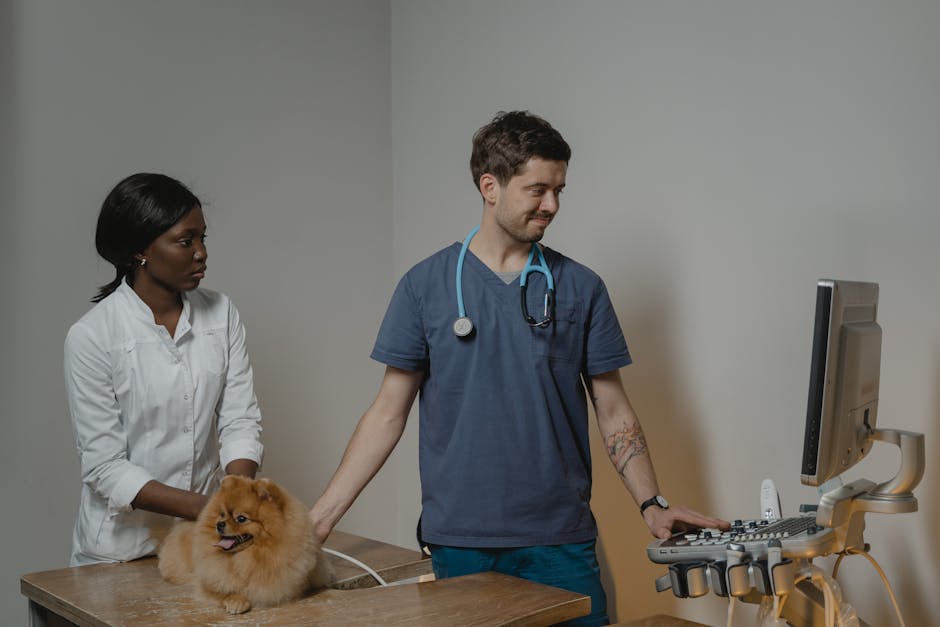
By Tima Miroshnichenko via Pexels
Regular vet visits are crucial for maintaining your pet’s health and well-being. During these appointments, your veterinarian will conduct a thorough physical examination of your pet, checking for any signs of illness or underlying health issues. They will also administer any necessary vaccinations to protect your pet from common diseases and parasites. Additionally, these visits provide an opportunity for you to discuss any concerns or changes in your pet’s behavior with your veterinarian, who can offer valuable advice and guidance on how to best care for your furry companion.
It is recommended that most pets visit the veterinarian at least once a year for a routine check-up. However, depending on your pet’s age, health status, and any pre-existing conditions, your veterinarian may recommend more frequent visits to ensure optimal health. By staying on top of these appointments, you can catch any potential health problems early on, allowing for prompt treatment and a better prognosis for your pet.
Preventive Care and Early Detection
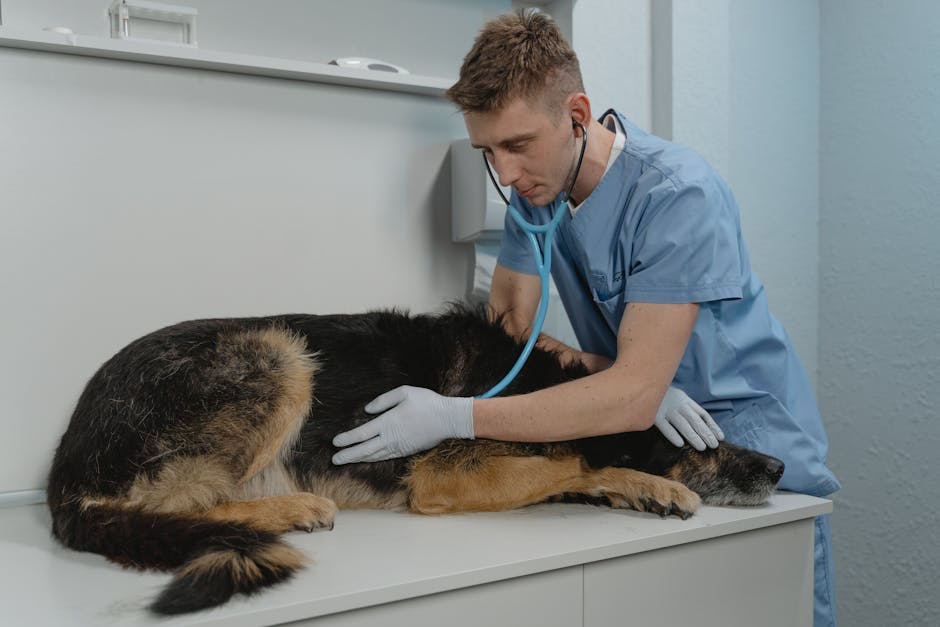
By Tima Miroshnichenko via Pexels
One of the primary reasons why regular vet visits are so important is their role in preventive care and early detection of health issues. During a routine check-up, your veterinarian can identify any subtle changes in your pet’s health that may indicate an underlying problem. By catching these issues early, you can often prevent them from developing into more serious conditions that require extensive treatment.
For example, regular blood tests and screenings can help detect diseases such as diabetes, kidney disease, and cancer in their early stages when they are more easily treatable. Vaccinations are another essential component of preventive care, as they protect your pet from potentially life-threatening illnesses such as rabies, distemper, and parvovirus.
Furthermore, preventive care measures such as dental cleanings, parasite control, and weight management can help keep your pet healthy and happy for years to come. By staying proactive about your pet’s health through regular vet visits, you are taking an important step towards ensuring a long and fulfilling life for your furry friend.
The Bond Between Pet Owners and Veterinarians
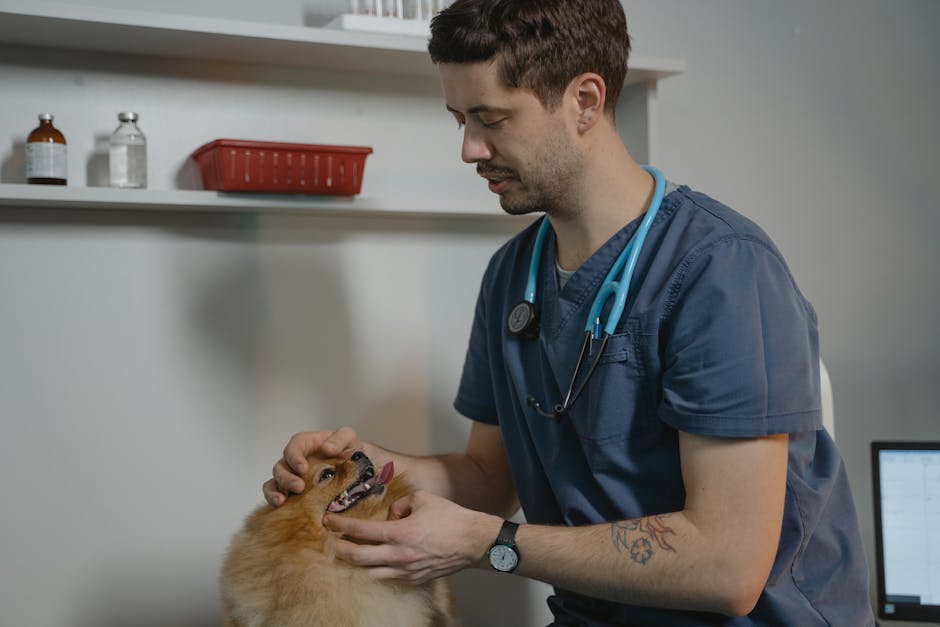
By Tima Miroshnichenko via Pexels
Regular vet visits not only benefit your pet’s health but also strengthen the bond between pet owners and veterinarians. Your veterinarian plays a vital role in caring for your pet and providing guidance on all aspects of their well-being. By attending regular appointments and building a relationship with your veterinarian, you can work together to ensure the best possible care for your furry friend.
Your veterinarian can offer valuable advice on nutrition, exercise, behavior, and other important aspects of pet care. They can also address any questions or concerns you may have about your pet’s health, helping you make informed decisions about their care. By working collaboratively with your veterinarian, you can create a comprehensive care plan tailored to your pet’s individual needs, ultimately leading to a happier and healthier life for your furry companion.
Cost-Effective Care
Some pet owners may be hesitant to schedule regular vet visits due to concerns about the cost. However, investing in preventive care through regular check-ups can actually save you money in the long run. By detecting and treating health issues early on, you can avoid more costly and extensive treatments down the line.
For example, treating a minor infection or dental issue during a routine check-up is far less expensive than waiting until it has progressed to a more serious condition that requires surgery or long-term medication. Additionally, preventive measures such as vaccinations and parasite control can help prevent costly illnesses that may require hospitalization or intensive care.
Ultimately, regular vet visits are a wise investment in your pet’s health and well-being, as they can help you avoid unexpected expenses and provide peace of mind knowing that your furry friend is receiving the best possible care.
The Role of Technology in Veterinary Care
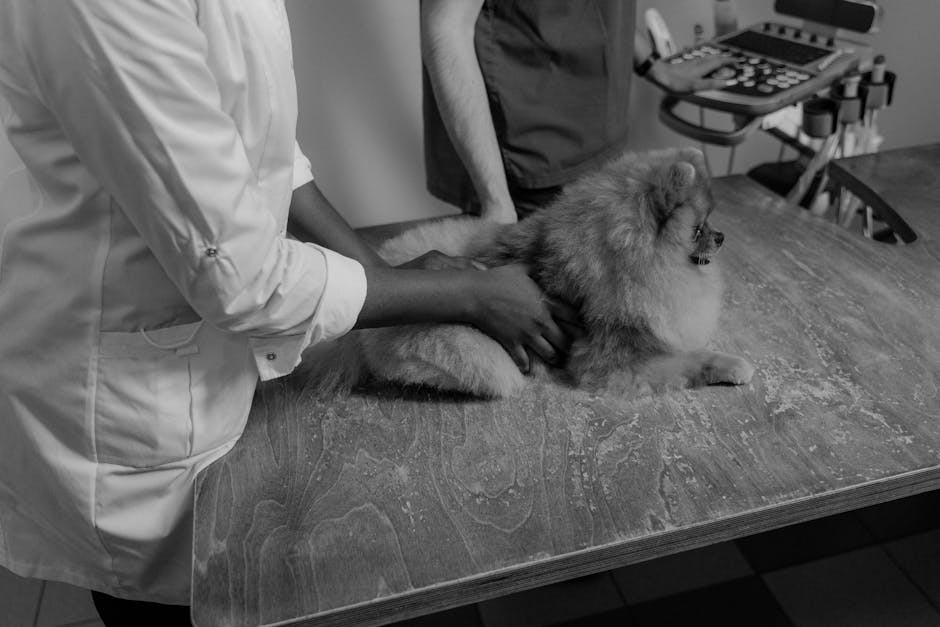
By Tima Miroshnichenko via Pexels
Advancements in technology have revolutionized the field of veterinary medicine, allowing for more accurate diagnoses and personalized treatment plans for pets. From digital imaging and ultrasound to genetic testing and telemedicine, veterinarians now have access to a wide range of tools and resources to provide the highest level of care for their patients.
During regular vet visits, your veterinarian may utilize technology such as blood tests, x-rays, and urinalysis to evaluate your pet’s health and detect any underlying issues. These diagnostic tools can provide valuable insights into your pet’s well-being, allowing for early intervention and targeted treatment when necessary.
Telemedicine has also become increasingly popular in veterinary care, enabling pet owners to consult with veterinarians remotely for advice on non-emergency issues. This technology allows for greater accessibility to veterinary care and can be particularly beneficial for pet owners in rural areas or those with limited mobility.
Expert Opinions
According to Dr. Emily Wilson, a veterinarian with over 10 years of experience, “Regular vet visits are essential for ensuring the overall health and well-being of your pet. These appointments allow us to monitor your pet’s health, catch any potential issues early on, and provide personalized care tailored to their specific needs.”
Dr. Wilson emphasizes the importance of preventive care in veterinary medicine, stating that “Preventive measures such as vaccinations, parasite control, and dental care are crucial for keeping your pet healthy and happy. By staying proactive about your pet’s health through regular vet visits, you are taking an important step towards providing them with a long and fulfilling life.”
Common Misconceptions
There are several common misconceptions surrounding regular vet visits that may prevent pet owners from prioritizing their importance. One common myth is that if your pet appears healthy, they do not need to see the veterinarian. However, many health issues in pets are not immediately apparent and may only be detected through a thorough physical examination by a veterinarian.
Another misconception is that vet visits are only necessary when your pet is sick or injured. While it is important to seek veterinary care when your pet is unwell, regular check-ups are equally vital for preventive care and early detection of health issues. By scheduling routine appointments for your pet, you are taking a proactive approach to their health and well-being.
Conclusion
Regular vet visits are an essential part of responsible pet ownership, ensuring the overall health and well-being of your furry friend. By attending routine appointments, you can catch any potential health issues early on, provide preventive care measures, and strengthen the bond between you and your veterinarian. Investing in regular vet visits is a wise decision that can save you money in the long run and provide peace of mind knowing that your pet is receiving the best possible care.
Remember, your pet’s health is in your hands, and by prioritizing regular vet visits, you are taking an important step towards ensuring a long and happy life for your beloved companion.

